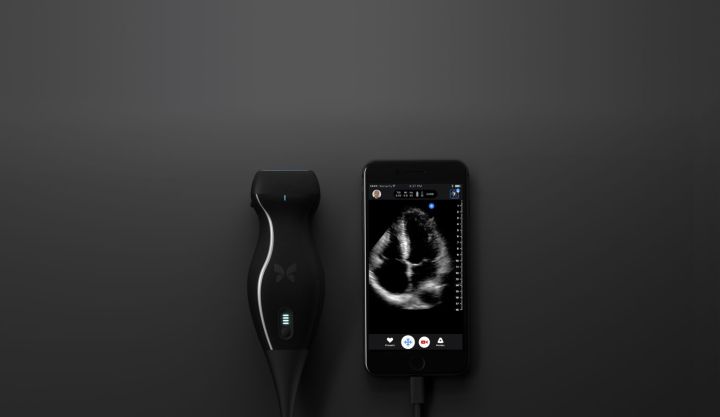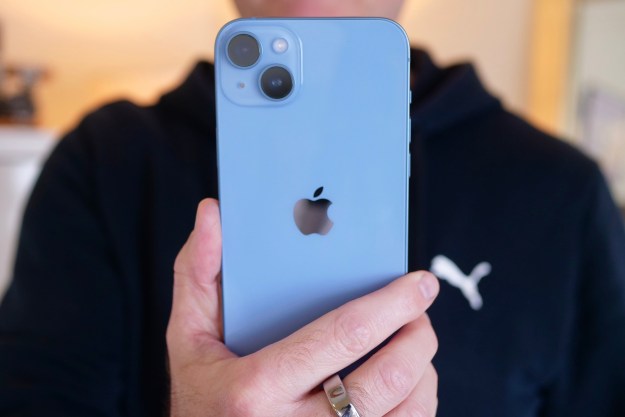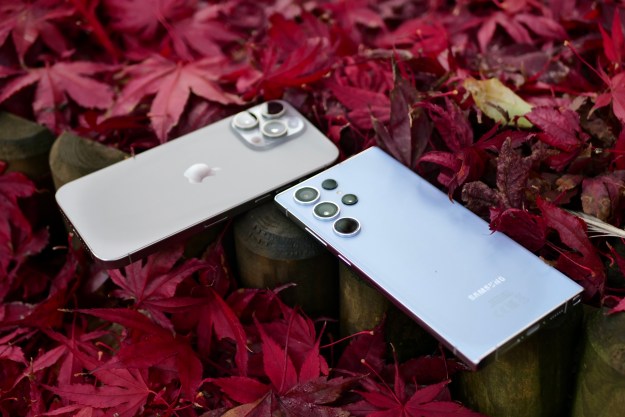
This pocket-sized device is the first solid-state ultrasound machine to reach the market in America. Because the device is made in a semiconductor manufacturing plant, the tech is more versatile and less expensive. The device uses capacitive micro-machined ultrasound transducers (CMUTs), which are very small ultrasonic emitters placed on a semiconductor chip.
“Now we think it’s an individual purchase,” Martin said. “This gives you the ability to do everything at the bedside: you can pull it out of your pocket and scan the whole body.”
The average price for ultrasound systems is around $115,000, with the low-end systems costing about $25,000. The Butterfly iQ device will sell for less than $2,000. The main reason it is so much cheaper than a regular ultrasound system is because a majority of the tech involved is housed within a microchip. The Butterfly Network says it will be going on sale this year for $1,999, and begin shipping them out early next year.
Martin believes that in the future, the device can take on other forms like a patch that patients could take home with them.
“To look at this as just an ultrasound device is like looking at an iPhone and saying it’s just a phone,” Martin says. “If you have a window into the body where anyone can afford it, everyone can use it, and everyone can interpret it, it becomes a heck of a lot more than an ultrasound device.”
Entrepreneur Jonathan Rothberg, who adapts semiconductor technology to biology, first formed the Butterfly Network back in 2011. In the span of eight years, Rothberg was able to take the idea for the ultrasound device from concept to market. The company has already raised more than $100 million so far.
The Butterfly iQ is just the latest new tech being created to help diagnose forms of cancer, especially those that involve the use of an iPhone.
Editors' Recommendations
- Here’s how Apple could change your iPhone forever
- Why you should buy the iPhone 15 Pro Max instead of the iPhone 15 Pro
- iPhone 16: news, rumored price, release date, and more
- Everything Apple says is wrong about the DOJ’s iPhone lawsuit
- I’ve had the iPhone 15 Pro for six months. Here’s why it’s still amazing


